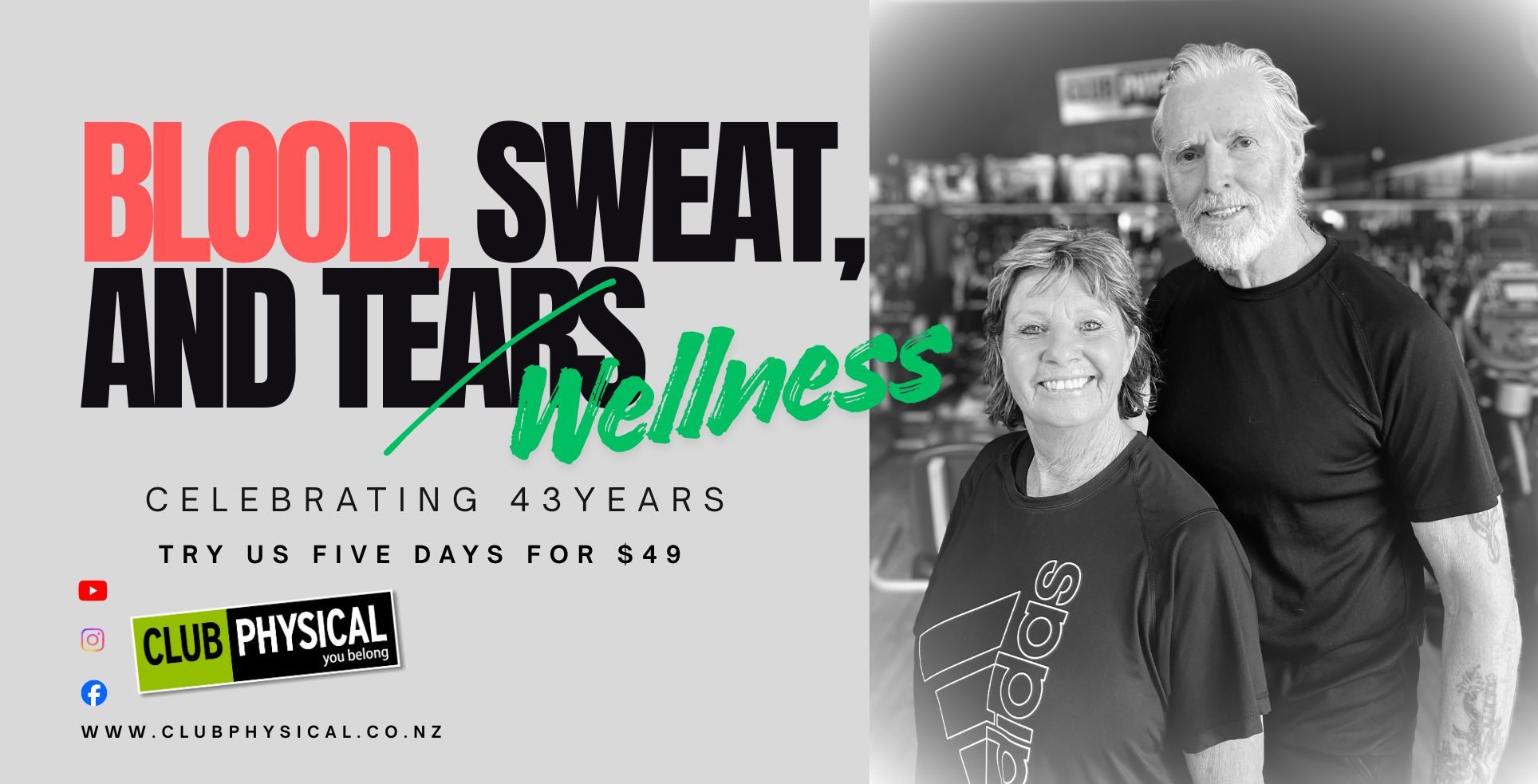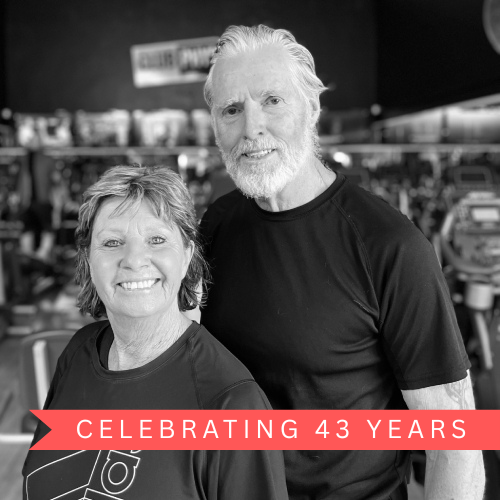For many years now, we’ve advised members who’ve wanted to get their weight under control that, what you eat will be at the minimum, 50% of your results.
If you are already at your goal weight, then the good news is that research has shown that continued regular workouts will maintain your weight.
Whereas with strength-training, you might not be fully aware of the power of protein, of how much you need, to get results, the best foods to access this, and what time of the day, or the time you should be having it. Without adequate protein, your body will struggle to recover from workouts and the strength gains you hope for can plateau and even, regress.
The question becomes, how much should you have each day? The general guideline for those exercising at the gym is approximately 2 grammes /kilo of bodyweight. For example, if you weight 80 kilos, you need 160 grammes a day. It would be worth your while checking on nutritional facts on Google and getting an estimate of the amount of protein you’re currently consuming. A few minutes homework doing this would help to give you a guide on whether you are probably deficient in protein or having enough.
Then when is the best time. While most of your meals throughout the day should have a protein component, if you want to maximise the effort you’ve put into your workout, you need to ingest between 20-40 grammes within an hour or so after your workout. The reason? There is a common belief that there is a ‘metabolic window’, for a short period after your gym session when your body absorbs nutrients more effectively.
Personally, I’ve begun having a protein shake after every workout, although gains are slower at my age of 71.
As a guide to help you, high-quality protein sources that provide all essential amino acids include:
Animal-based proteins:
Chicken, lean beef, eggs, fish, Greek yogurt, cottage cheese, whey or casein protein powders
Plant-based proteins (combine for completeness):
- Lentils, quinoa, tofu, tempeh, chickpeas, soy milk, hemp seeds, and plant-based protein powders (e.g., pea + rice blend)
- Whey protein is especially effective post-workout due to its fast absorption and high leucine content—a key amino acid for muscle growth.
Key Takeaways
- Protein is essential for muscle repair, growth, and overall health during training.
- Aim for 1.6–2.2 g/kg/day if you’re regularly exercising.
- Try to consume 20–40g of protein within 1–2 hours post-workout.
- Prioritise high-quality, complete proteins—whether animal or plant-based.
References (Unbiased Sources)
- Morton, R. W., et al. (2018). A systematic review, meta-analysis and meta-regression of the effect of protein supplementation on resistance training–induced gains in muscle mass and strength in healthy adults. British Journal of Sports Medicine, 52(6), 376–384.
- Schoenfeld, B. J., & Aragon, A. A. (2013). Nutrient timing revisited: is there a post-exercise anabolic window? Journal of the International Society of Sports Nutrition, 10(1), 5.
- Phillips, S. M., & Van Loon, L. J. C. (2011). Dietary protein for athletes: from requirements to optimum adaptation. Journal of Sports Sciences, 29(sup1), S29–S38.
This week’s newsletter can be found here









